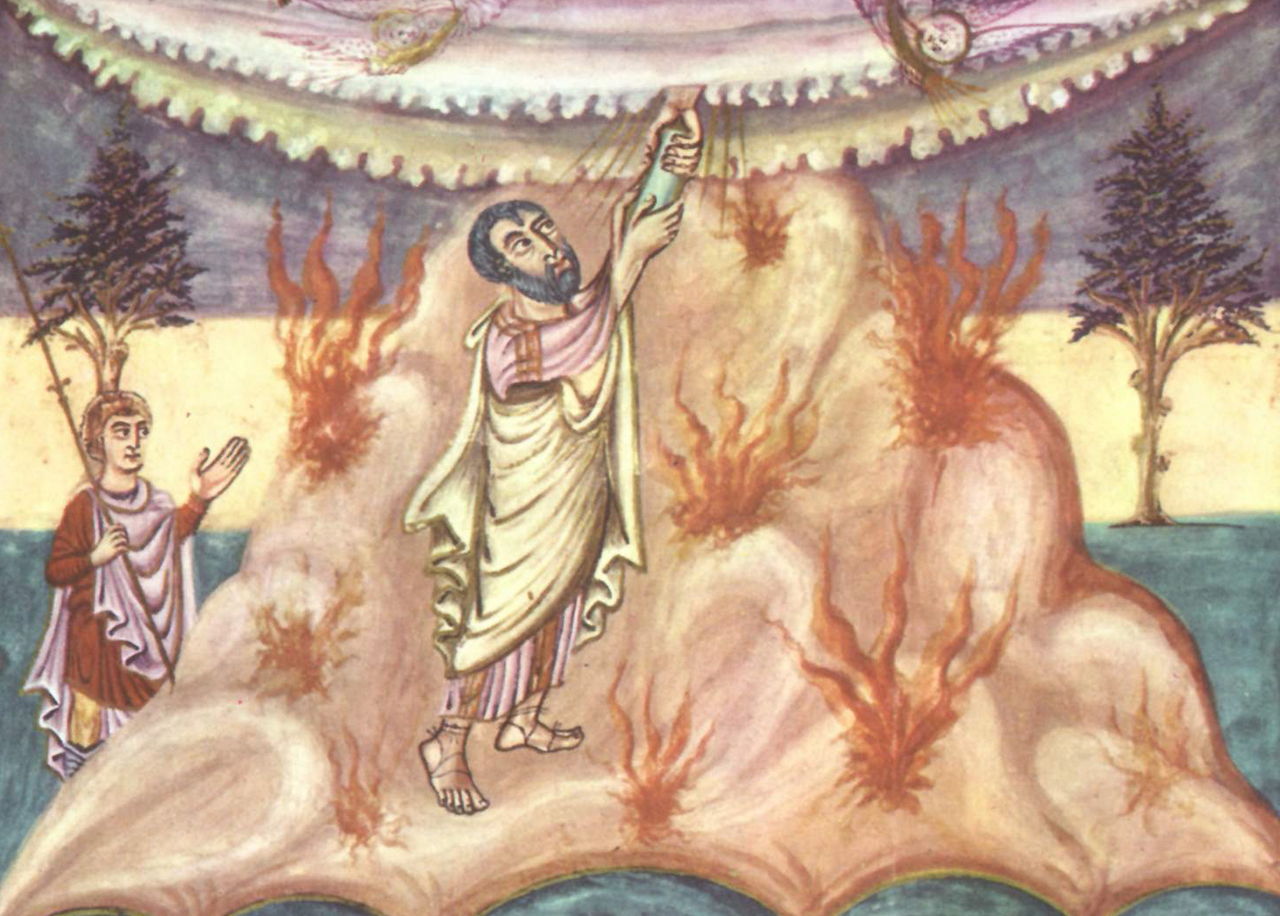Are the young evangelicals becoming liberal? And how would we know? I asked Ben Domenech to let me publish our correspondance on the question. Ben is directly responsible for Mere-O’s success the past few years: his encouragement to write for The City came right when I was contemplating leaving writing behind altogether. And I’m addicted to his daily email, The Transom, which you all should read. To it, then.
Ben: Isn’t this exclusively a measure of young evangelicals‘ position on marriage? There’s a healthy body of evidence indicating that young churchgoers are more pro-life than they’ve ever been, and Millennials broadly are more fiscally conservative than prior generations at the same point. “Becoming more liberal” requires that you track trends, and other than marriage, I have a hard time seeing where that trend exists. Plus, statistically, as you become more liberal, you typically become less likely to attend church… so if they’re wedded to liberalism, they become less likely to remain evangelicals, or at least engaged ones.
Matt: Well, a position on marriage has ramifications everywhere. The study I referenced found differences on views of pornography, cohabitation, premarital sex. Johnson and Smith grant that there are significant differences on environmentalism. And I would bet that the gap on the permissibility of recreational drug use is pretty large, too. Which is to say, when it comes to public issues besides abortion, the mindset is increasingly something like liberaltarianism. At least from where I sit, anyway.
To your point about attending church, we haven’t started hearing much about evangelical church decline yet because of the emphasis on celebrity pastors that evangelicals have and the disparate nature of the movement which makes measuring numbers notoriously difficult. But the SBC is a good bellwether of the evangelical world, and their decline has definitely begun (and if their voter rolls actually reflected the number of people in the pews, the drop would seem precipitous).
So I do think that the problems extend beyond marriage.
Ben: I remain skeptical of the impact of this population primarily because 1) the claim that our inability to acknowledge the entrenched social leftism of youth will doom conservatism and the church isn’t new, 2) historically, we see that after the point of childbirth and homeownership, people’s priorities change, and 3) the number of elected officials representing this viewpoint is extremely small, infinitesimal even. The drug legalization comparison is worthwhile: the priorities of the young shift after a certain point of maturity. You can hold this shift into adulthood off for longer, as we do today, but at a certain point you care more about property taxes than pot.
My general view is that what we’re really talking about is the rise of the religiously unaffiliated who find doctrine socially inconvenient. People stop enjoying church so they effectively drop out. For all the talk of atheism and agnosticism, the real rise in America in recent decades has been the religiously unaffiliated, accompanying a decline in Protestantism. You dig into these numbers and you see people who, unlike atheists and agnostics, actually do believe in God. They just don’t have any interest beyond that (68% say they believe in God, only 14% say he’s very important). They actually approve of churches generally, saying that they do all sorts of good work in the community, etc. But they just don’t care. They’re not seekers, they’re not spiritually interested – only 10% are “looking for faith right for them”. How incredibly dull.
Login to read more
Sign in or create a free account to access Subscriber-only content.
Topics:

